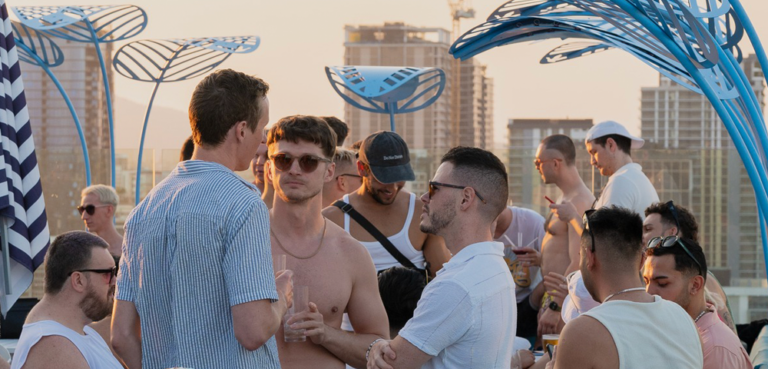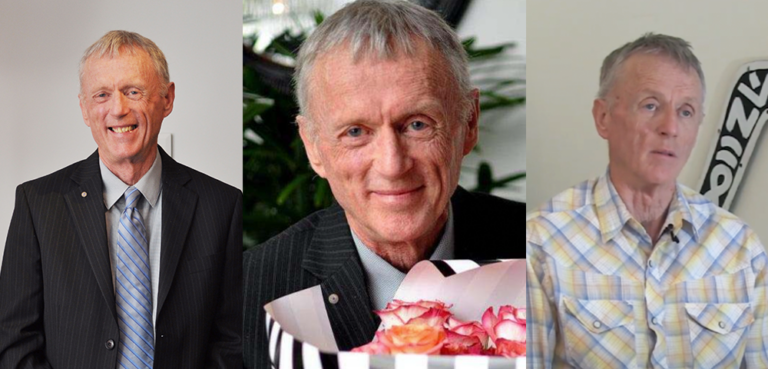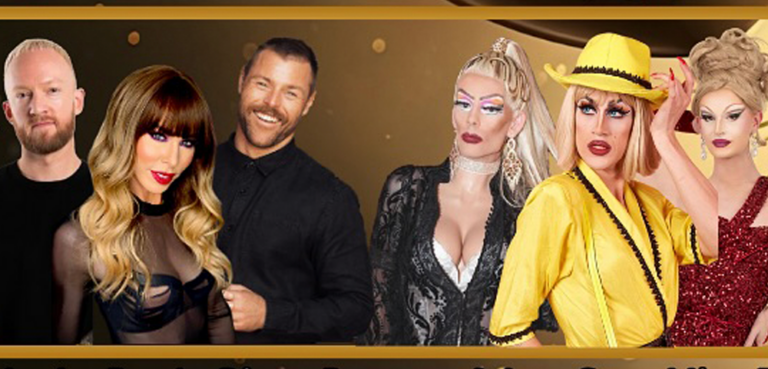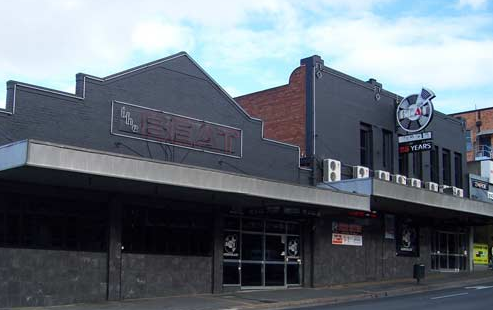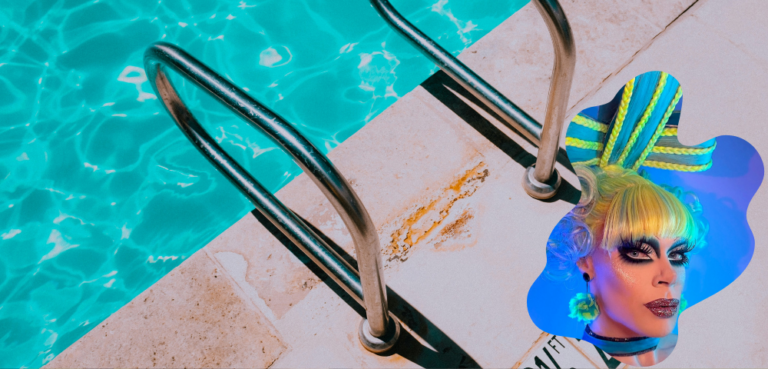
Community Hero: Robert French
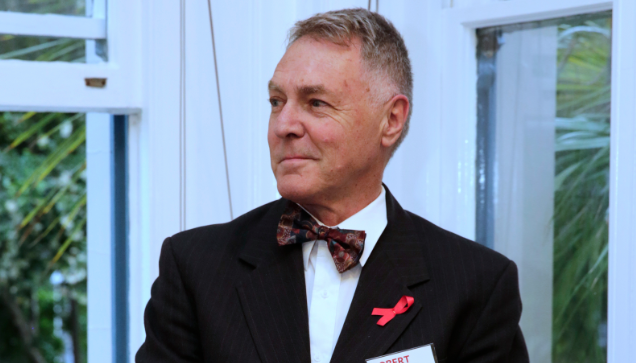
ROBERT French’s proudest moment as an LGBTI rights activist came after police raided and arrested 27 people at a sex club called Club 80 in Paddington, Sydney.
The year was 1983, just one year before NSW decriminalised homosexuality.
[showads ad=MREC] “Twenty-eight of us signed statutory declarations to say we had done the same things. Lex Watson and myself were the first two to present our declarations to the vice squad,” French said.
“We said, ‘we’ve done the same things you’ve arrested these people for, arrest us’.”
They weren’t arrested and French went on to help form Australia’s first police gay liaison group, based on the San Francisco model.
French first became involved in the LGBTI community while studying history and political science at the University of NSW (UNSW) in the 70s. Before then he was living in a monastery, which he left in 1969 not because he realised he was gay, but because of “theological difficulties” he had with “Holy Mother Church”.
Since his time at UNSW, the list of French’s contribution to Canberra and Sydney’s LGBTI communities is a long one. It includes a five-year stint as co-convenor of the NSW Gay Rights Lobby, two years as vice-president of ACON and board director at the Sydney Star Observer, the former name of present-day Star Observer.
As a gay man in the 70s he was “comfortable in his own skin” because he wasn’t very politically active, but that changed in 1978 following Sydney’s first Mardi Gras march where community members were faced with aggression and violence from the police.
“That was my moment of activism,” he said.
“I remember being really angry at what the police had done… and I remember then thinking what can I contribute as a historian and archivist, and that’s when I started to research gay history.”
Also in 1978, French began researching LGBTI history and has lent his skills to Sydney’s Pride History Group of which he was the president until this year.
In 1989 he wrote two radio documentaries for Gay Radio Day on Canberra’s 2XX station to commemorate the 20th anniversary of the Stonewall Riots.
He is the author of French Camping by a Billabong: Gay and Lesbian Stories from Australian History, which he says is “still the only book that covers homosexuality in the colonial period in Australia”.
“Like the statutory declarations this is the second thing I’m most proud of and done, just to let people know we have a history,” French said.
Two of his other publications include Gays Between the Broadsheets: Australian Media References on Homosexuality 1948-1980 and “Mossies could spread AIDS”: Australian Media References on AIDS 1981-1985.
From 1991 French wrote a popular column for Sydney Star Observer called In the Past Lane which documented Australian LGBTI history — it was subsequently syndicated in other gay media nationally.
“[LGBTI history is] important because communities need a memory,” he said.
“All communities need to know the antecedent, to know where they come from, to know the struggles of the past — not to hero worship people who were involved in that, but to have some understanding of where we’re at at any particular time.”
It’s clear researching history and the history of Australia’s LGBTI community sparks a passion in French and he speaks proudly of photographs, newspaper articles and letters he has found over the years.
He points out the group’s 100 Voices project, an oral history with more than 100 interviews of the “queering of Sydney” before 1970 and how important it is to document the stories of older gay and lesbian people.
History, he says, plays an important role in activism today to help learn “the tactics we used in gay rights lobby and the mistakes we made”.
Getting involved in community work is “behove on all of us”, according to French.
“I think everybody as a human being should be involved in some sort of community work at some stage, at some level… particularly for persecuted minorities like us,” he said.
“I can’t conceive of not being involved to some level… I can’t ever not see myself being active in some way.”
He said anyone interested in helping the Pride History Group was welcome and there was no prerequisite of skills needed.
“Anybody is welcome… there’s always tasks to do. Maybe it’s listening to an oral history interview and doing a transcript. Some of the older people could help identify people in photographs and at demonstrations,” French said.
“Hands and feet are always necessary.”
You can meet Robert French during Mardi Gras next year on Fair Day as he conducts his Sydney Gay and Lesbian History Walk, which he has been doing for 26 years.
Do you know of an unsung community hero who deserves recognition? Email [email protected] with your tip.
__________________________________
**This article was first published in the January edition of the Star Observer, which is available now. Click here to find out where you can grab a copy in Melbourne, Sydney, Brisbane, Adelaide, Canberra and select regional/coastal areas.
Read the January edition of the Star Observer in digital format:
__________________________________
Read previous instalments of “Community Hero”:
Christabel Millar
Rowland Thomson & Crusader Hillis
Jen Yates
C. Moore Hardy
Jamie Gardiner
Yvonne Gardner
__________________________________
[showads ad=FOOT]
